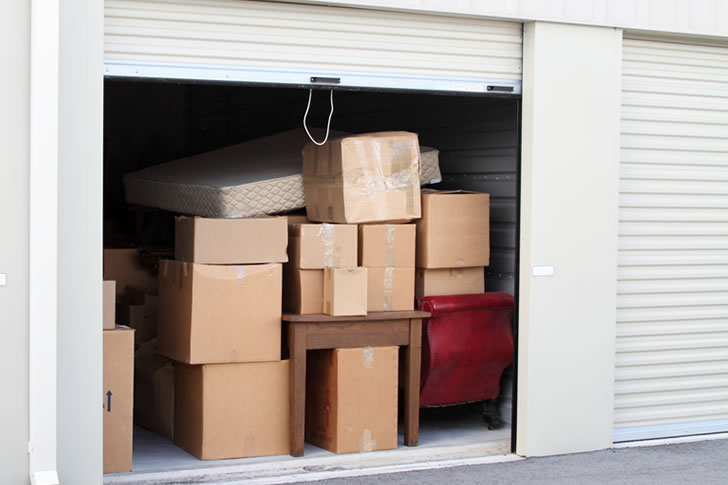Many Seniors May Not Realize Storage Units Could Be This Cheap
Storage units provide a secure and convenient way to store belongings, especially when downsizing or needing extra space. They come in various sizes and offer multiple benefits, making them a popular choice for many, particularly seniors. We’ve carried out detailed research to provide comprehensive information on the value and options available.



Recent Comments